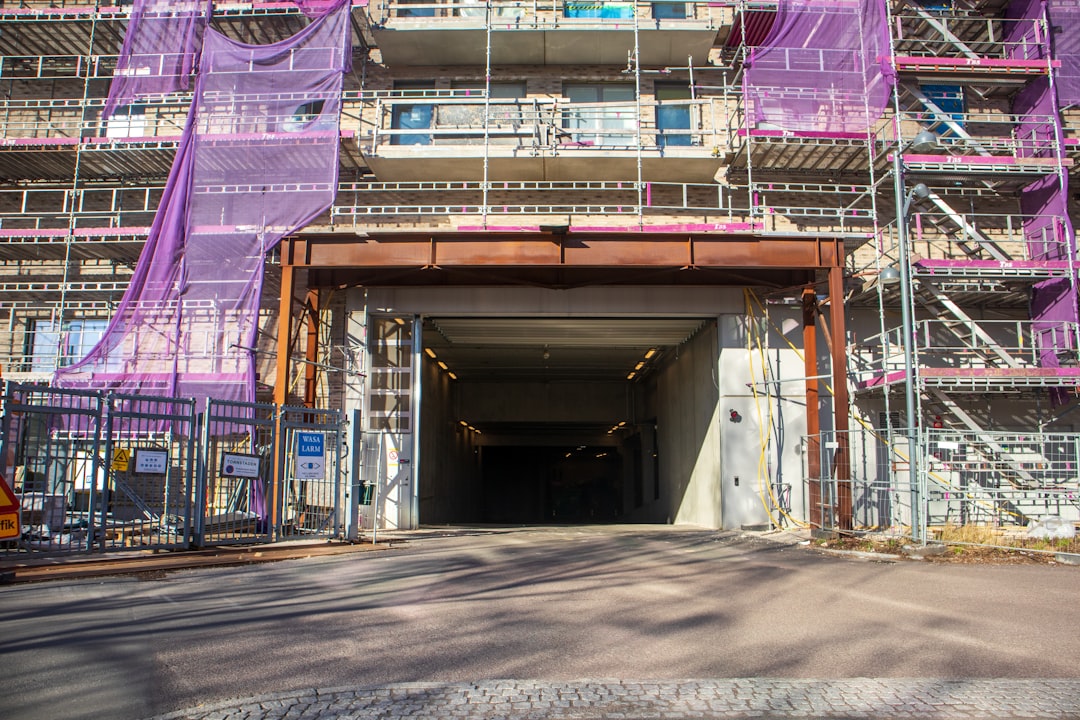CountBricks: Residential Cost of Home Theater Explained
Price source: Costs shown are derived from our proprietary U.S. construction cost database (updated continuously from contractor/bid/pricing inputs and normalization rules).
Eva Steinmetzer-Shaw
Head of Marketing
Understanding Home Theater Costs in 2026 Residential Construction
In 2026, home theater systems have become a standard feature in mid-to-high-end residences. For construction professionals, accurately estimating the cost of these installations is crucial. Current costs range from $10,000 to $60,000, depending on the complexity and quality of the build. CountBricks provides real-time material feeds and labor databases to ensure your bids are competitive and profitable.
Key Components Influencing Home Theater Costs
- Display Technology: Options like 4K projectors and OLEDs vary in price.
- Surround Sound: In-wall speakers and Atmos-enabled units add to costs.
- Source Equipment: Includes streaming devices and gaming consoles.
- Control Systems: Smart remotes and automation hubs require programming.
- Room Finishes: Acoustic paneling and specialty carpeting enhance the experience.
Typical Budget Ranges for Contractors
- Entry Level (Media Room Upgrade): $2,000 to $5,000 installed
- Mid-Tier Dedicated Theater: $10,000 to $20,000 installed
- Premium Cinematic Experience: $25,000 to $60,000 installed
These figures include hardware, cabling, finish materials, and labor, based on data from projects across the Midwest.
Materials vs. Labor Costs
Materials (60-70% of total)
- Display and audio equipment account for half of material costs.
- Specialty drywall and acoustic insulation make up 20-25%.
- Low-voltage cabling and hardware cover the rest.
Labor (30-40% of total)
- Low-voltage technicians handle rough-in and calibration.
- Finish carpenters work on risers and custom millwork.
- Painters and flooring crews apply dark finishes and luxury carpets.
Cost Escalators to Monitor
- Ceiling heights above 9 ft require custom calculations.
- Concrete walls need additional framing.
- Structural columns complicate seating layouts.
- Historic homes may require low-impact wiring paths.
- Custom features like star ceilings can increase costs by 20% or more.
Optimizing Estimates with CountBricks
- Voice-to-estimate workflow captures details quickly.
- Live material APIs provide current pricing.
- AI checks blueprints against local codes.
- Value engineering suggestions offer cost-saving alternatives.
Regional Pricing: Detroit Metro Example
In Detroit, the average home theater contract is $18,000, influenced by union labor premiums and supply chain constraints. CountBricks adjusts estimates to reflect these trends.
ROI for Homeowners and Builders
A well-executed home theater can add 55-70% of its cost to a home's value. For builders, this justifies higher list prices and faster sales. Accurate cost estimation protects margins and offers genuine value.
Pro Tips for Profitable Projects
- Prewire during framing to avoid costly cuts.
- Use acoustic panels as design features.
- Offer tiered equipment packages.
- Schedule sound calibration after furniture installation.
- Generate invoices directly from estimates to save time.
Next Steps with CountBricks
Ready to secure your next bid? Visit CountBricks.com to start a voice session or upload a floor plan. Our AI will generate a detailed breakdown, ready for conversion into a contract.
Conclusion
Homeowners expect immersive entertainment experiences. Builders who master home theater costs will win more contracts. CountBricks automates the math, allowing you to focus on craftsmanship and client satisfaction.
Case Study: Transforming a Basement into a $32,000K Showpiece
Smith & Co. Builders used CountBricks to bid a 24 ft × 14 ft basement theater in Plymouth, MI. The project included a 120-inch screen, Dolby Atmos audio, and tiered seating.
Estimate in 7 Minutes
- The project manager dictated dimensions, and CountBricks populated line items automatically.
- Real-time pricing updates occurred when the client chose a 4K projector.
- Value-engineering suggested cost-saving alternatives, reducing expenses by $1,850.
Actual vs. Estimated Costs
- Estimated Total: $31,780
- Final Invoice: $32,110 (1.04% variance)
CountBricks' instant adjustments helped avoid overruns and secure a 24% gross margin.
Lessons Learned
- Early prewire passed inspection ahead of schedule.
- Automated orders ensured timely equipment arrival.
- Mid-project upgrades were easily managed with CountBricks.
Your Roadmap to Success
- Start a free blueprint takeoff at CountBricks.com.
- Invite your team to collaborate on the project dashboard.
- Use CountBricks' financing calculator to help clients see ROI.
Final Thought
With CountBricks, every variable is tracked and priced accurately. Win jobs, delight owners, and maintain margins with ease.

